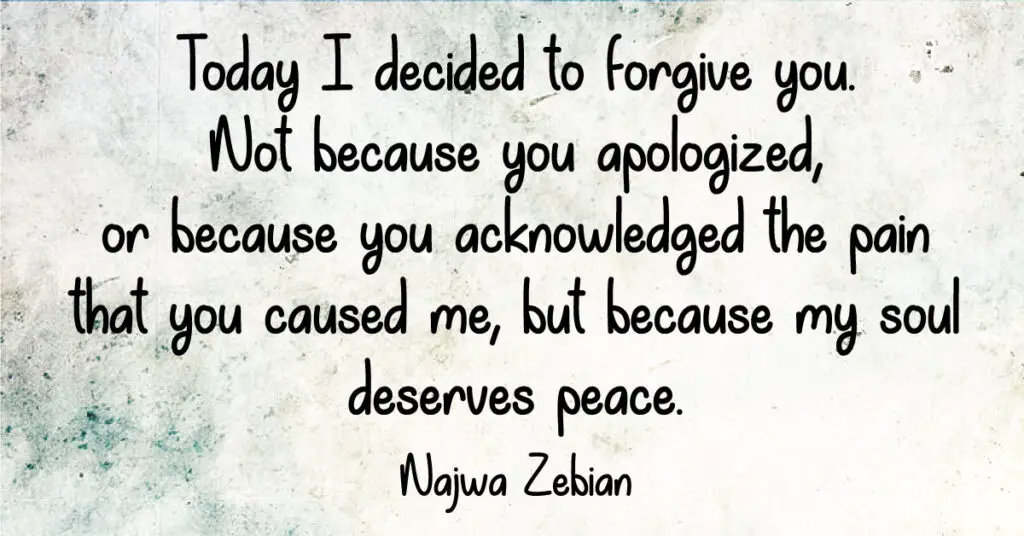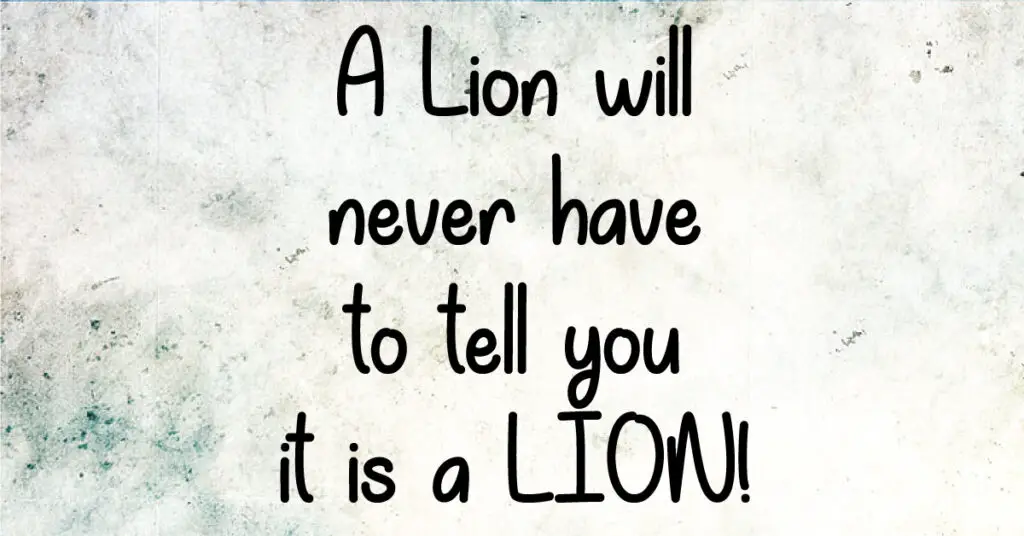A family is supposed to be a safe haven that provides love, support, and acceptance. However, not all families function healthily. Some are toxic or dysfunctional, causing emotional distress, confusion, and even trauma for its members.
Here we’ll delve into the 11 signs of a toxic family and provide guidance on how to maneuver through such an environment.
Addiction
One of the most prominent signs of a dysfunctional family is the presence of addiction. This could manifest as substance abuse, gambling, or any form of addictive behavior that disrupts the family’s normal functioning. Addiction often leads to neglect, emotional instability, and financial difficulties within the family. If you find yourself in such a situation, consider seeking professional help for the person struggling with addiction and support for yourself as well.
Recurrent Tension
Families should ideally be a source of comfort and peace. However, in a toxic family, there’s constant tension – arguments, fights, and unease become the norm. This recurrent tension creates a hostile environment that’s detrimental to your mental health. Learning stress management techniques and setting boundaries can help mitigate these effects.
Neglect of Children’s Needs
In a healthy family, children’s needs are prioritized. But in a dysfunctional family, these needs often take a back seat to adult issues and concerns. This neglect can lead to feelings of worthlessness and low self-esteem in children. If you’re a child in such a family, reaching out to a trusted adult or counselor can be a good first step towards addressing this issue.
Unhealthy Communication
Dysfunctional families often employ broken ways of communication. This could involve yelling, blaming, ignoring, or emotionally manipulative language. Healthy communication is key to any relationship, and its absence can lead to misunderstanding and resentment. Consider seeking help from a therapist to learn healthier communication strategies.
Instability
A toxic family often lacks stability. This could be financial, emotional, or even physical instability. The unpredictable nature of such a family can lead to anxiety and insecurity. Learning coping mechanisms and seeking stability outside the family unit can be beneficial.
Shame and Blame
In a toxic family, members often resort to shaming and blaming each other for family problems. This behavior can damage self-esteem and create a hostile environment. It’s important to remember that it’s not your responsibility to carry the entire family’s burdens, and seeking professional help can provide relief.
Lack of Emotional Support
Emotional support is crucial in a family. However, in a dysfunctional family, members may feel emotionally neglected or unsupported. This lack of emotional support can lead to feelings of isolation and loneliness. Seeking support from friends, support groups, or a counselor can help.
Abuse
Physical, emotional, or sexual abuse is a clear sign of a toxic family. These behaviors are harmful and can cause long-term trauma. If you find yourself in an abusive situation, it’s crucial to seek immediate help from local authorities or a trusted adult.
Control and Manipulation
In a toxic family, one or more members may try to control or manipulate others. This behavior can lead to feelings of helplessness and loss of autonomy. If you’re experiencing this, learning about manipulation tactics and developing assertiveness can be useful.
Lack of Privacy
A healthy family respects each member’s privacy. However, in a dysfunctional family, boundaries are often violated. This invasion of privacy can cause discomfort and resentment. Setting clear boundaries and standing your ground can help protect your privacy.
Denial of Problems
Lastly, a common trait of a toxic family is the denial of problems. Dysfunctional families often refuse to acknowledge their issues, making it difficult to address them. If your family is in denial, consider seeking outside help to address these problems.
When To Cut Off Toxic Family Ties
Deciding to cut off toxic family members is one of the most challenging decisions anyone could face. It’s a process that requires introspection, careful planning, and immense courage. Below are steps you can take to help make this difficult decision.
Acknowledge the Toxicity
The first step in deciding whether to cut off toxic family members is acknowledging the toxicity. This involves recognizing the signs of a toxic relationship such as constant tension, unhealthy communication, neglect, control, or abuse. It’s crucial to understand that these behaviors are not acceptable, and you have every right to protect your mental and emotional well-being.
Seek Professional Advice
Once you’ve acknowledged the toxicity, it can be helpful to seek professional advice. Therapists or counselors can provide objective insight into your situation and offer coping mechanisms. They can also guide you through the process of cutting ties, helping you navigate feelings of guilt or fear that may arise.
Consider the Impact on Your Well-being
Think about how your relationship with these family members affects your overall well-being. Are they causing you constant stress, anxiety, or depression? Do you feel drained after interacting with them? If the impact is negatively significant, it might be time to consider distancing yourself.
Try Setting Boundaries
Before deciding to cut off family members completely, consider setting boundaries. This could involve limiting contact, defining what topics are off-limits, or deciding on how much time you spend together. If these boundaries are repeatedly violated, it’s a clear sign that cutting off may be the best option.
Evaluate the Consequences
Cutting off toxic family members often comes with consequences. You may face backlash from other family members or feel a sense of loss and loneliness. Weigh these potential outcomes against the benefits of removing the toxicity from your life.
Plan Your Approach
If you decide to go ahead with cutting ties, plan your approach carefully. Decide how you will communicate your decision – this could be in person, over the phone, or through a letter. Be clear and firm in your decision, but also respectful.
Seek Support
Lastly, seek support from friends, other family members, or support groups. Cutting off family can be emotionally challenging, and having a support system can make the process more manageable.
How To Deal With Toxic Family
Handling toxic family members can be a daunting task. It requires a blend of emotional intelligence, firm boundaries, and self-care. Here’s a guide on how to handle toxic family members based on research from various sources:
Recognize the Signs
Firstly, it’s crucial to identify and acknowledge the signs of toxicity in your family relationships. This could include constant tension, unhealthy communication, neglect, or controlling behavior.
Create Boundaries
Creating boundaries with toxic family members is one of the most effective strategies for coping with them. These boundaries could involve limiting contact or defining what topics are off-limits.
Avoid Arguments
Toxic people often try to draw you into arguments to distract you from the real issues. Try to sidestep these arguments and stay focused on maintaining your boundaries.
Empower Yourself
Empowering yourself is an essential step in dealing with toxic family members. This could involve seeking professional help, investing in personal growth, or focusing on building a life away from the toxicity.
Opt for Cordial Contact
One way to set limits on toxic relationships is through cordial contact. This means maintaining polite and formal interactions without getting emotionally involved.
Evaluate The Relationship
It’s important to regularly evaluate the impact of the relationship on your well-being. If the negative effects outweigh the positive, it may be time to consider cutting ties.
Confronting a Toxic Family Member
If you choose to confront a toxic family member, ensure you choose the right time and place, remain calm and focused during the discussion, and use “I” statements to express your feelings and concerns.
Take a Time Out
Sometimes, taking time out from a toxic relative and stepping away from their drama can be beneficial. This break can provide you with the space and time needed to heal and regain your emotional balance.
Final Thought
Dealing with toxic family dynamics is a challenging journey that demands strength, resilience, and self-compassion. It’s essential to remember that everyone has the right to a healthy and respectful environment, irrespective of their familial ties. Breaking away from a cycle of toxicity may not be easy, but it’s a crucial step towards healing, growth, and building healthier relationships. Always prioritize your mental and emotional well-being and remember that seeking help is not a sign of weakness, but rather a testament to your courage to strive for a better life.







